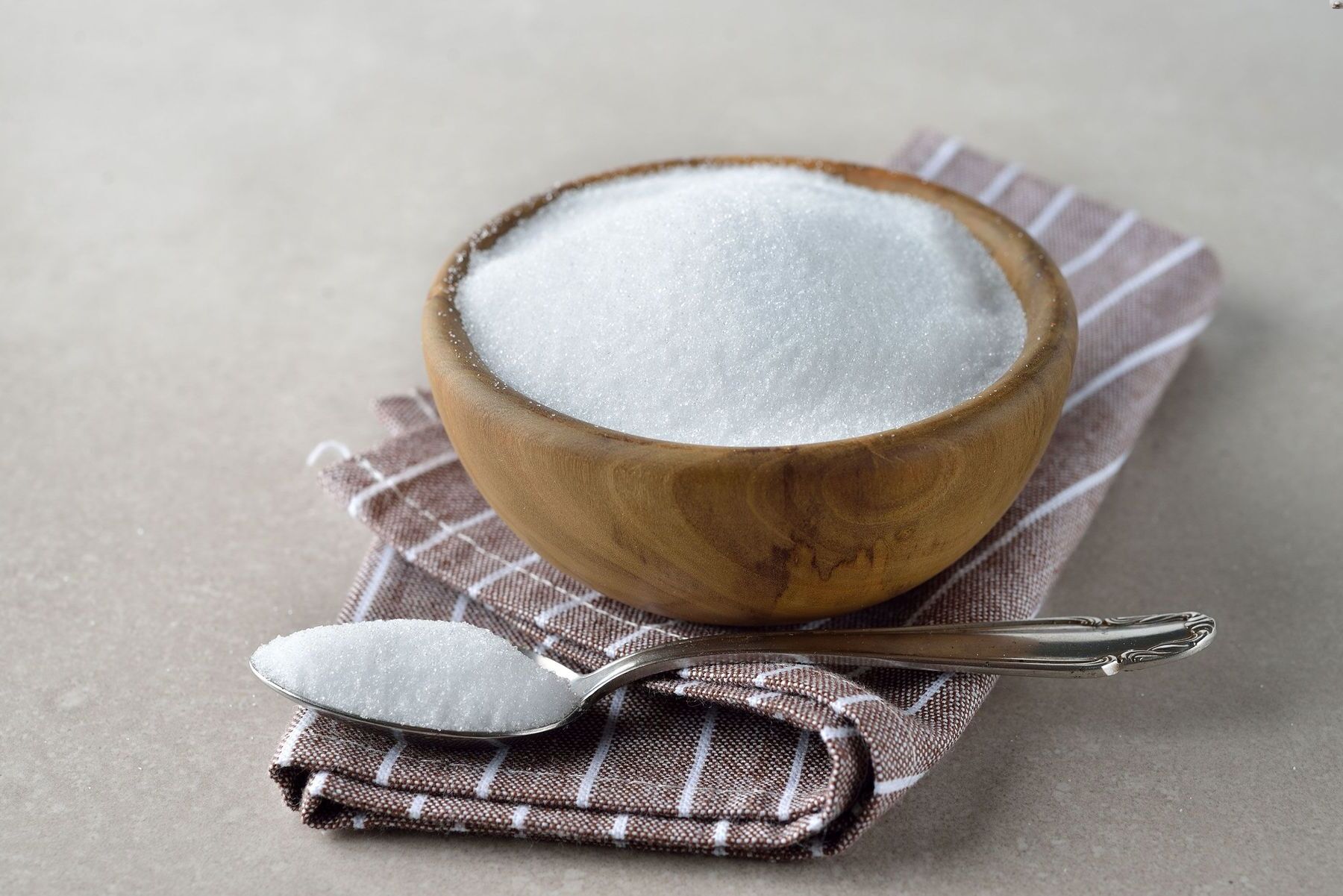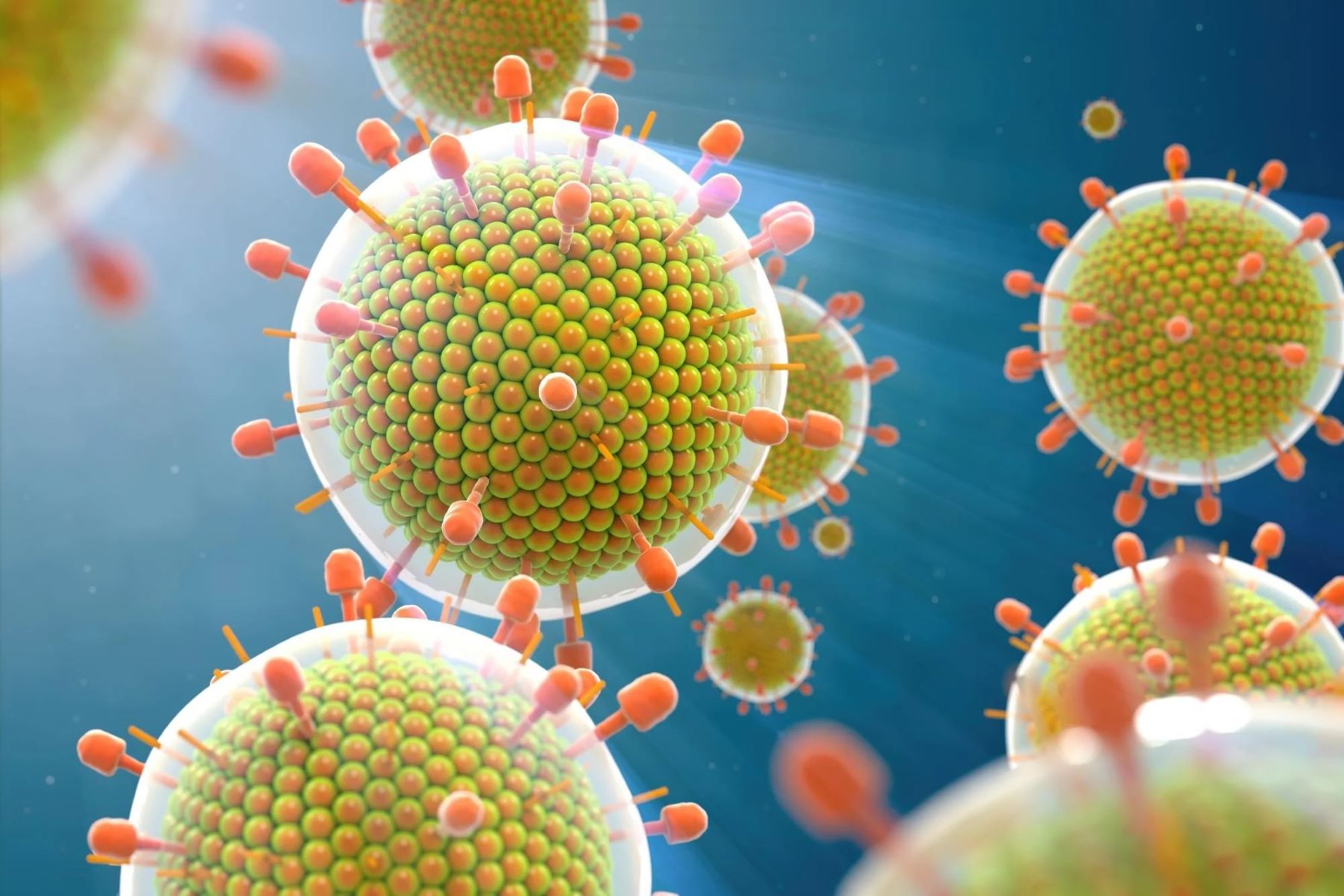
Erythritol is a sugar alcohol used as a low-calorie sweetener. But what makes it so special? Erythritol stands out because it has almost zero calories, doesn't spike blood sugar, and is easy on the digestive system. Found naturally in some fruits and fermented foods, this sweetener is popular in many low-carb and keto diets. It's about 70% as sweet as sugar, making it a great substitute in various recipes. Unlike other sugar alcohols, erythritol doesn't cause bloating or gas for most people. Curious about more? Here are 50 facts that will give you a deeper understanding of this unique sweetener.
Key Takeaways:
- Erythritol is a low-calorie sweetener with numerous health benefits, making it a great alternative to sugar for weight management and oral health. It's also safe for children and pregnant women when consumed in moderation.
- Erythritol is versatile and can be used in various culinary applications, from baking to sweetening beverages and sauces. It's also environmentally friendly, with a lower carbon footprint and biodegradable properties.
What is Erythritol?
Erythritol is a sugar alcohol used as a low-calorie sweetener. It’s found naturally in some fruits and fermented foods. Here are some fascinating facts about this sugar substitute.
- Erythritol has about 70% of the sweetness of sugar but only 6% of the calories.
- It’s produced by fermenting glucose with yeast or other fungi.
- Unlike other sugar alcohols, erythritol doesn’t cause a spike in blood sugar levels.
- It’s absorbed in the small intestine and excreted unchanged in the urine.
- Erythritol has a glycemic index of zero, making it suitable for diabetics.
- It doesn’t contribute to tooth decay, unlike regular sugar.
- It’s heat-stable, so it can be used in baking and cooking.
- Erythritol has a cooling effect on the tongue, similar to mint.
- It’s often combined with other sweeteners to enhance sweetness.
- Erythritol is non-GMO and vegan-friendly.
Health Benefits of Erythritol
Erythritol offers several health benefits, making it a popular choice for those looking to reduce sugar intake. Here are some key benefits.
- It helps in weight management due to its low-calorie content.
- Erythritol doesn’t raise insulin levels, beneficial for insulin-sensitive individuals.
- It’s less likely to cause digestive issues compared to other sugar alcohols.
- Erythritol has antioxidant properties, helping to fight free radicals.
- It may improve oral health by reducing the risk of cavities.
- Erythritol is suitable for people with metabolic syndrome.
- It doesn’t ferment in the gut, reducing the risk of bloating and gas.
- Erythritol can be part of a ketogenic diet due to its low carb content.
- It’s safe for children and pregnant women when consumed in moderation.
- Erythritol may help reduce the risk of heart disease by lowering blood pressure.
Uses of Erythritol
Erythritol is versatile and can be used in various culinary applications. Here are some common uses.
- It’s used in sugar-free candies and chocolates.
- Erythritol is a common ingredient in low-calorie beverages.
- It’s used in baking to replace sugar in cakes, cookies, and muffins.
- Erythritol can be used to sweeten yogurt and ice cream.
- It’s often found in sugar-free gum and mints.
- Erythritol is used in protein bars and meal replacement shakes.
- It’s a popular sweetener in homemade jams and jellies.
- Erythritol can be used to sweeten coffee and tea.
- It’s used in sauces and dressings to reduce sugar content.
- Erythritol is a common ingredient in low-carb and keto recipes.
Safety and Side Effects
While erythritol is generally considered safe, it’s important to be aware of potential side effects. Here’s what you need to know.
- Erythritol is recognized as safe by the FDA and EFSA.
- Consuming large amounts may cause digestive discomfort in some people.
- It’s less likely to cause diarrhea compared to other sugar alcohols.
- Erythritol is safe for pets, unlike some other sweeteners.
- It doesn’t cause allergic reactions in most people.
- Erythritol has been extensively studied for safety and efficacy.
- It doesn’t interact with medications or supplements.
- Erythritol is safe for long-term use when consumed in moderation.
- It’s suitable for people with gluten intolerance or celiac disease.
- Erythritol doesn’t affect gut bacteria negatively.
Environmental Impact of Erythritol
Erythritol production and use have environmental implications. Here are some facts about its environmental impact.
- Erythritol production has a lower carbon footprint compared to sugar.
- It’s biodegradable and doesn’t contribute to pollution.
- Erythritol production uses less water than traditional sugar production.
- It’s made from renewable resources like corn and wheat.
- Erythritol production generates less waste compared to sugar.
- It’s often produced using sustainable farming practices.
- Erythritol can be part of a sustainable diet due to its low environmental impact.
- It’s packaged in recyclable materials to reduce waste.
- Erythritol production supports local economies by using locally sourced ingredients.
- It’s a more eco-friendly alternative to artificial sweeteners.
Final Thoughts on Erythritol
Erythritol, a sugar alcohol, offers a sweet alternative without the calories. It's found naturally in some fruits and fermented foods. Unlike other sweeteners, it doesn't spike blood sugar levels, making it a good choice for diabetics. Plus, it doesn't cause tooth decay.
However, consuming large amounts might lead to digestive issues like bloating or gas. It's generally safe, but moderation is key. Erythritol's popularity is growing, especially among those looking to reduce sugar intake.
Remember, while erythritol has benefits, it's not a magic bullet. A balanced diet and healthy lifestyle are still crucial. So, next time you're looking for a sugar substitute, consider erythritol. It might just be the sweet solution you've been searching for.
Frequently Asked Questions
Was this page helpful?
Our commitment to delivering trustworthy and engaging content is at the heart of what we do. Each fact on our site is contributed by real users like you, bringing a wealth of diverse insights and information. To ensure the highest standards of accuracy and reliability, our dedicated editors meticulously review each submission. This process guarantees that the facts we share are not only fascinating but also credible. Trust in our commitment to quality and authenticity as you explore and learn with us.


